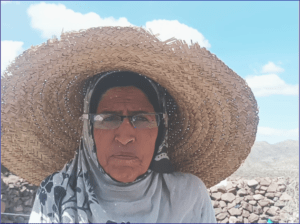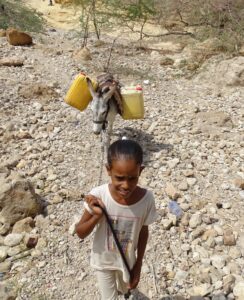The Regional Office in Amman, Jordan
May 9, 2024
“In this training, I found an invaluable chance to sharpen my skills and broaden my practical knowledge in the beauty industry. It also fueled my ambition to venture into this field and gather experience for my future entrepreneurial project”.
Expressed Shukriya Mohammed, grateful for the Technical and Vocational Education and Training (TVET) courses at Al-Khawarizmi College of Technology.
Shukriya, from Somalia, is among 15 young individuals who received educational scholarships for vocational training through a collaboration between the Arab Renaissance for Democracy and Development (ARDD) and Al-Khawarizmi College of Technology (KTUC). This partnership is part of the “Investing in the Future: Improving Livelihoods and Education for Refugee Minorities in Jordan” project, executed by Vision Hope International e.V. in tandem with ARDD and funded by the German Federal Ministry for Economic Cooperation and Development (BMZ). The initiative aims to boost employment opportunities and livelihoods for Sudanese, Yemeni, Somali, and Jordanian refugees. 
In Jordan, TVET is seen as an investment in the future and a means of economic empowerment for young people, equipping them with the skills, tools, and expertise needed to enter the job market. Advanced vocational education is essential for adapting to technology and knowledge-based economies and providing professional and technical knowledge that is adaptable and flexible.
Over the three-month training period, participants gained access to innovative educational opportunities and modern techniques in fields such as photography, entrepreneurship, beauty, mechanics, information systems, and computing. This enables them to make a meaningful contribution to the local economy, improves employment prospects, and enhances livelihoods.
Equipped with diverse skills and experiences, the youth were able to identify pressing needs and opportunities in the job market, as well as acquire entrepreneurial skills, facilitating their job search and paving the way for future entrepreneurial ventures.
Trainers emphasized that the diversity of professions, specializations, skills, and knowledge enriches the job market, fostering development and progress. TVET stimulates economic activity, enhances job market performance, and creates a new dynamic in society, ultimately alleviating poverty and unemployment.


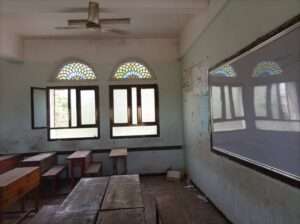
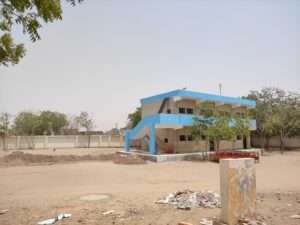
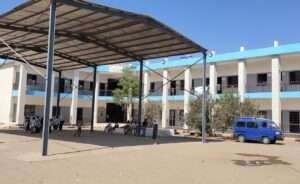 collaborated with esteemed partner Building Foundation for Development (BFD) to address these challenges, teamed up with Building Foundation for Development. Together, they fixed the toilets and made improvements to the electrical system, painted, fixed sidewalks, doors, and windows, and spruced up the area where students take breaks.
collaborated with esteemed partner Building Foundation for Development (BFD) to address these challenges, teamed up with Building Foundation for Development. Together, they fixed the toilets and made improvements to the electrical system, painted, fixed sidewalks, doors, and windows, and spruced up the area where students take breaks.
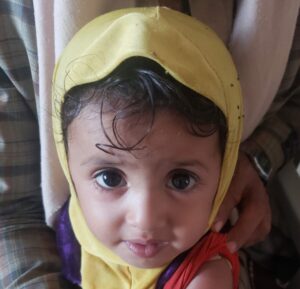 Her family sought help from the Bani Qatrat Health Unit in Al-Mahweet Governorate, part of the
Her family sought help from the Bani Qatrat Health Unit in Al-Mahweet Governorate, part of the 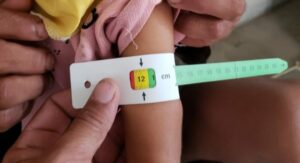


 She felt that she was a heavy burden on her brother and his family because his brother is a journeyman, who cannot find a job easily and continuously, so he accepted working at very low wages to handle his family expenses. She felt guilty and helpless knowing that her need for help only added to the burden. She was desperate to find a way to help them out financially without adding to the burden on her brother.
She felt that she was a heavy burden on her brother and his family because his brother is a journeyman, who cannot find a job easily and continuously, so he accepted working at very low wages to handle his family expenses. She felt guilty and helpless knowing that her need for help only added to the burden. She was desperate to find a way to help them out financially without adding to the burden on her brother.